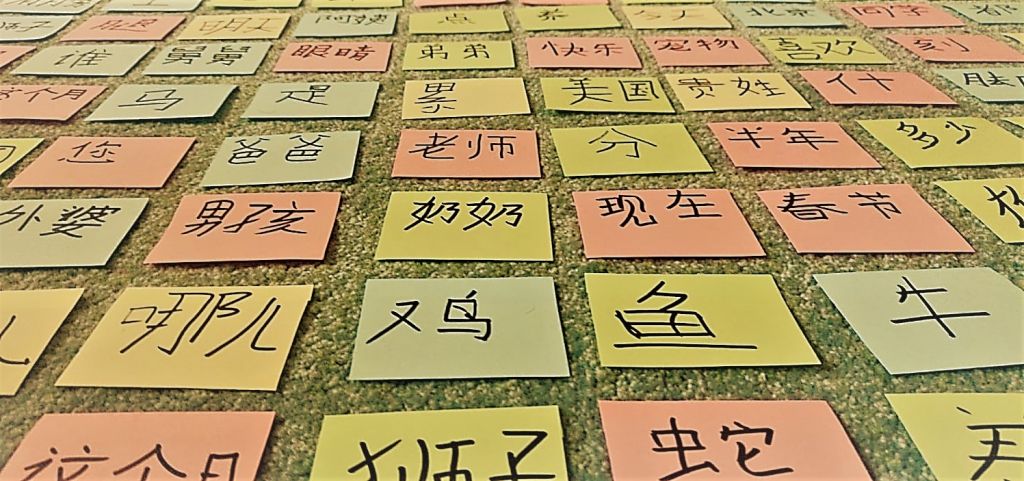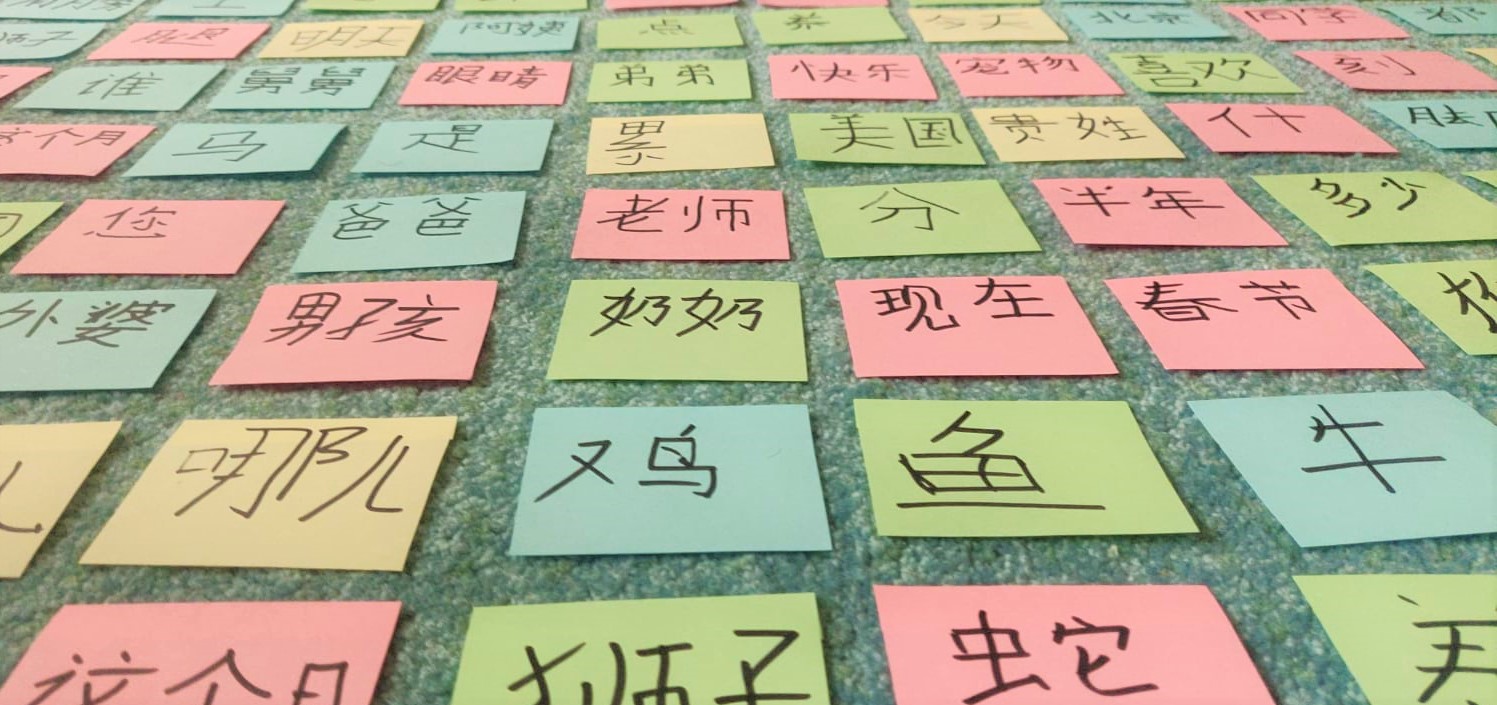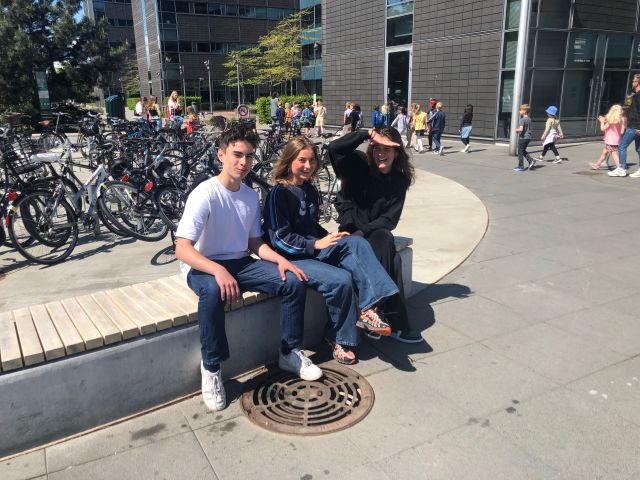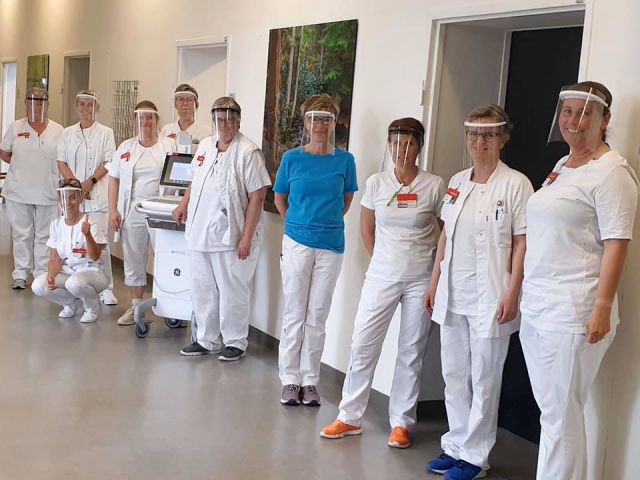What just happened? I passed…

There are many ways to pick and choose electives for your exchange semester.
One option is to focus on specific studies from that region. Another is to look for subjects that tick off some of the criteria for your desired MSc Program. Alternatively, I could have picked something interesting yet not as demanding as a main subject. Whatever the case, bear in mind that an extra elective with 20 hours of home preparation time a week will block too much of your schedule.
But then again, that last point is something that didn’t seem to come to my mind on that November morning when I woke up full of motivation believing that I could move mountains with my bare hands.
Well, I also watched an X Men movie the night before, so it would really be wrong of me to put all the blame on that morning. (By the way: Did you see that movie? Wouldn’t it be really cool if we could all play with storms and shoot lasers against all the evil on the planet?).
Anyway, back to my electives. To conclude my first point: yes, I picked something that was definitely not easy. It could have been easy, but it just was not!
With my exchange taking place in a Mandarin-speaking country, I chose to see that as the perfect time to learn some myself. I wanted to understand at least a bit… At least 1% of the writing! I wanted that: and if there was a perfect time to do it, my mind said this was it!
I will never forget the first class, when I realized that I might have got myself into something more serious than I thought. The majority of my Mandarin classmates were from countries like Japan, Malaysia, Indonesia or had a parent who originated from China. The class was not an ‘Intro to Mandarin for beginners’, it was a simple ‘Intro to Mandarin for all’, but given that it took place in Singapore, the number of students who had no prior contact with Chinese writing was not that high.
Of course, with Japanese, Malay and Mandarin being part of different language families, it is not that easy either, but at least the written form has many similarities. For me, there was no similarity whatsoever, and the class itself started to get more of a ‘challenge’ image in my head.

With every lesson, I was stressing even more that I am behind and that I will not pass. The book pages were flying faster than time should permit. We started at page 10 and by the end of the first lesson, we had got to page 40. There were words after words after words. Character after character, and combination of characters after combination of characters. How was I supposed to memorize all of them? How was I supposed to learn and assimilate these word structures? I had no clue whatsoever.
And then…
One day, I went to the pharmacy and saw a price 三(sān)十(shí)四(sì) SGD. Surprisingly my brain understood it. It knew 34 SGD was too expensive for a plaster. And I thought to myself ‘OK… so I know the numbers…’, but then something else happened! (*Drum rolls! *) The cashier asked me ‘ 你(nǐ)是(shì) Member?’ and my brain understood every word. My brain did not have to assume she was asking if I was a member just based on the last word: no! I understood exactly what she said: she had asked, ‘Are you a member?’.
OK! I know it was the smallest win in the history of wins, but have you tried to learn a language with a completely different way of writing? (If you have, just know: even if it does not matter much, you have my entire respect and are an idol in my view!) It is frightening, especially when, based on this feeling, it is hard to identify with your classmates.
Yes, I picked something that was definitely not easy. It could have been easy, but it just was not
However, by understanding those few words, I realized that, actually, that is all that matters. I took the Mandarin course to change my current state of knowing nothing to knowing at least 1% and I might have got even further than that. That small win was what I should focus on: that win and MY journey: not my journey compared to everyone else’s journey. Everyone else did not have the same start as me, so that 1% change means something different for each and every other individual.
And somehow, I set my mind to remembering that moment every time I felt like taking the course might have been the wrong move. The course did take a bit more preparation time than you hope an elective will take, but it also had a bigger impact than a simple theoretical course.
Surprisingly my brain understood it
Heck, by the end of it, I was recognizing characters, knew if words belonged to the same group as others and passed an exam written entirely in hànzì (汉(hàn)字(zì) = Chinese characters)
After getting my exam results weeks ago, I am still in awe as I never thought I would say I took a Mandarin course! It is an amazing feeling! And hey, if you go to Singapore for your exchange, don’t miss this cool opportunity and please send my dearest regards to 王(wáng)老(lǎo)师(shī) (the most amazing Mandarin teacher)!




































































































































Comments